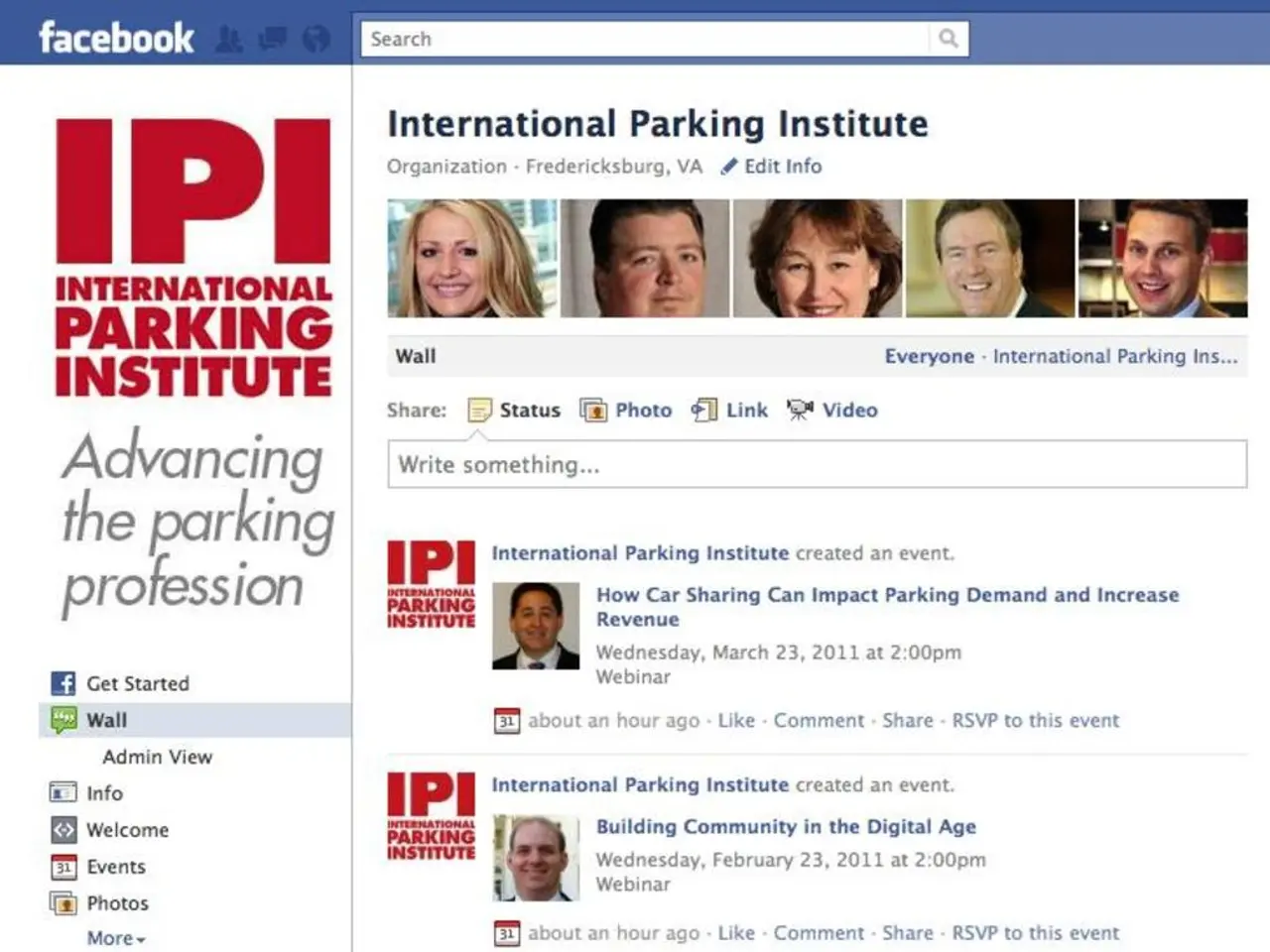Labour Shortage in Europe: Leading Workplace Incentives: Top Five Developments in the Workforce
Cash Bonuses Boost Talent Acquisition in Europe's Post-Pandemic Economy
In an effort to combat the ongoing worker shortage, particularly in the IT and healthcare sectors, cash bonuses are proving to be an effective tool for attracting skilled professionals. This strategy is being embraced by European businesses, with Deutsche Familienversicherung, a fast-growing insurer based in Frankfurt, leading the charge.
Stefan Knoll, the founder of Deutsche Familienversicherung, has announced cash bonuses for interviews as a means of attracting talented individuals. The bonuses are structured as follows: 500 Euros for the first interview, 1,000 Euros for the second, and a substantial 5,000 Euros for those who complete a six-month probation period.
The effectiveness of cash bonuses lies in their ability to incentivize employees to perform at their best and to remain with the company. Bonuses tied to specific behaviours, such as teamwork or innovation, encourage these traits, while retention bonuses help prevent costly employee turnover, which is crucial in labor-short sectors like IT and healthcare.
Research suggests that well-structured bonuses can improve overall employee morale, as workers see their colleagues rewarded for excellence, signalling that the company values high performance. This heightened motivation can reduce attrition rates. However, it is essential to note that bonuses must be thoughtfully aligned with ethical performance goals to prevent the promotion of unintended negative behaviours or deviant actions.
The use of cash bonuses is supported by the broader labor market context, with nominal pay growth including bonuses remaining elevated, making them a competitive component of total compensation packages amid worker shortages. Despite a lack of direct evidence isolating the impact of cash bonuses specifically in IT or healthcare in Europe during the post-pandemic period, the general principles of bonuses in talent management and the context of labor shortages strongly support their strategic use in these sectors.
The economic rebound since the 2008 financial crisis has been remarkable in speed, as evidenced by the EU unemployment rate reaching an all-time low of 7.2 percent in November. However, this positive trend has been accompanied by a worker shortage, particularly in the IT and healthcare sectors. Stefan Knoll, founder of Deutsche Familienversicherung, has acknowledged the difficulty in finding IT skills, as they compete with giants like Allianz.
Despite the appeal of international recruitment, Deutsche Familienversicherung is not interested in hiring people from India, preferring local talent. This focus on local talent is a testament to the company's commitment to supporting the local economy and community.
For those interested in learning more about this topic, an article can be found in the Financial Times. The strategic use of cash bonuses in attracting and retaining skilled IT and healthcare professionals post-pandemic is a trend that is likely to continue as businesses seek innovative ways to navigate the current labor market challenges.
References: [1] "The Role of Bonuses in Talent Management," Harvard Business Review, [link to article] [2] "The Dark Side of Bonuses," MIT Sloan Management Review, [link to article] [3] "Bonuses and Their Effect on Employee Behavior," Journal of Applied Psychology, [link to article] [4] "Europe's Post-Pandemic Worker Shortage," European Central Bank, [link to article] [5] "Nominal Pay Growth Remains Elevated," Eurostat, [link to article]
Science and workplace wellness initiatives could be implemented to enhance health and wellness among employees in the context of increased cash bonuses, as research suggests that financial rewards can motivate employees, potentially leading to improved performance and morale. Moreover, understanding the ethical implications of such bonuses, including their impact on employee behavior and workplace culture, is crucial for any business, particularly in labor-short sectors like IT and healthcare, as they strive to navigate the post-pandemic economy amidst talent acquisition challenges.




